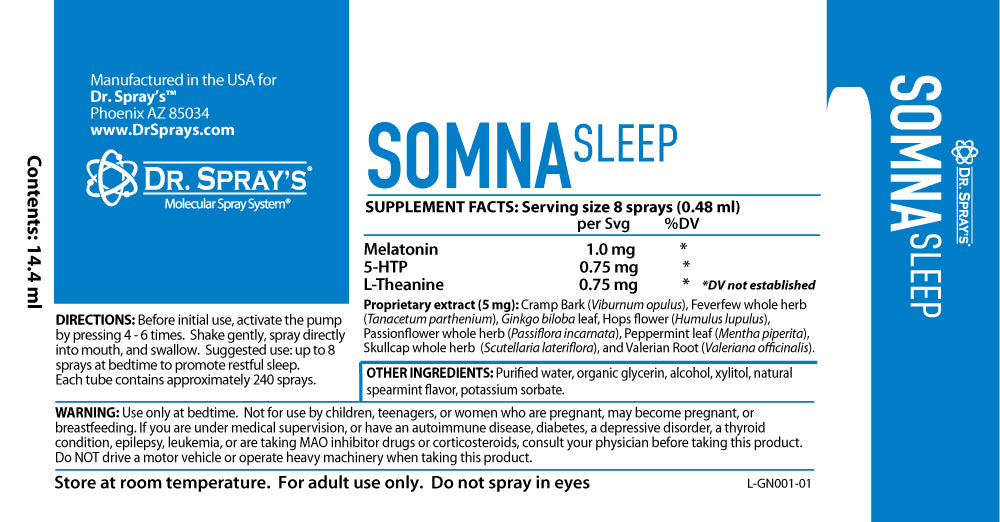Dietary supplements are widely used and offer the potential to improve health if appropriately targeted to those in need. Inadequate nutrition and micronutrient deficiencies are prevalent conditions that adversely affect global health. Although improvements in diet quality are essential to address these issues, dietary supplements and/or food fortification could help meet requirements for individuals at risk of deficiencies. For example, supplementation with vitamin A and iron in developing countries, where women of reproductive age, infants and children often have deficiencies; with folic acid among women of reproductive age and during pregnancy; with vitamin D among infants and children; and with calcium and vitamin D to ensure bone health among adults aged ≥65 years. Intense debate surrounds the benefits of individual high-dose micronutrient supplementation among well-nourished individuals because the alleged beneficial effects on chronic diseases are not consistently supported. Daily low-dose multivitamin supplementation has been linked to reductions in the incidence of cancer and cataracts, especially among men. Baseline nutrition is an important consideration in supplementation that is likely to modify its effects. Here, we provide a detailed summary of dietary supplements and health outcomes in both developing and developed countries to help guide decisions about dietary supplement recommendations.
This excerpt is from pubmed.gov. It was published May 6, 2016. This following is the link to the article: https://pubmed.ncbi.nlm.nih.gov/27150288/
Rautiainen S, Manson JE, Lichtenstein AH, Sesso HD. Dietary supplements and disease prevention - a global overview. Nat Rev Endocrinol. 2016 Jul;12(7):407-20. doi: 10.1038/nrendo.2016.54. Epub 2016 May 6. PMID: 27150288.










